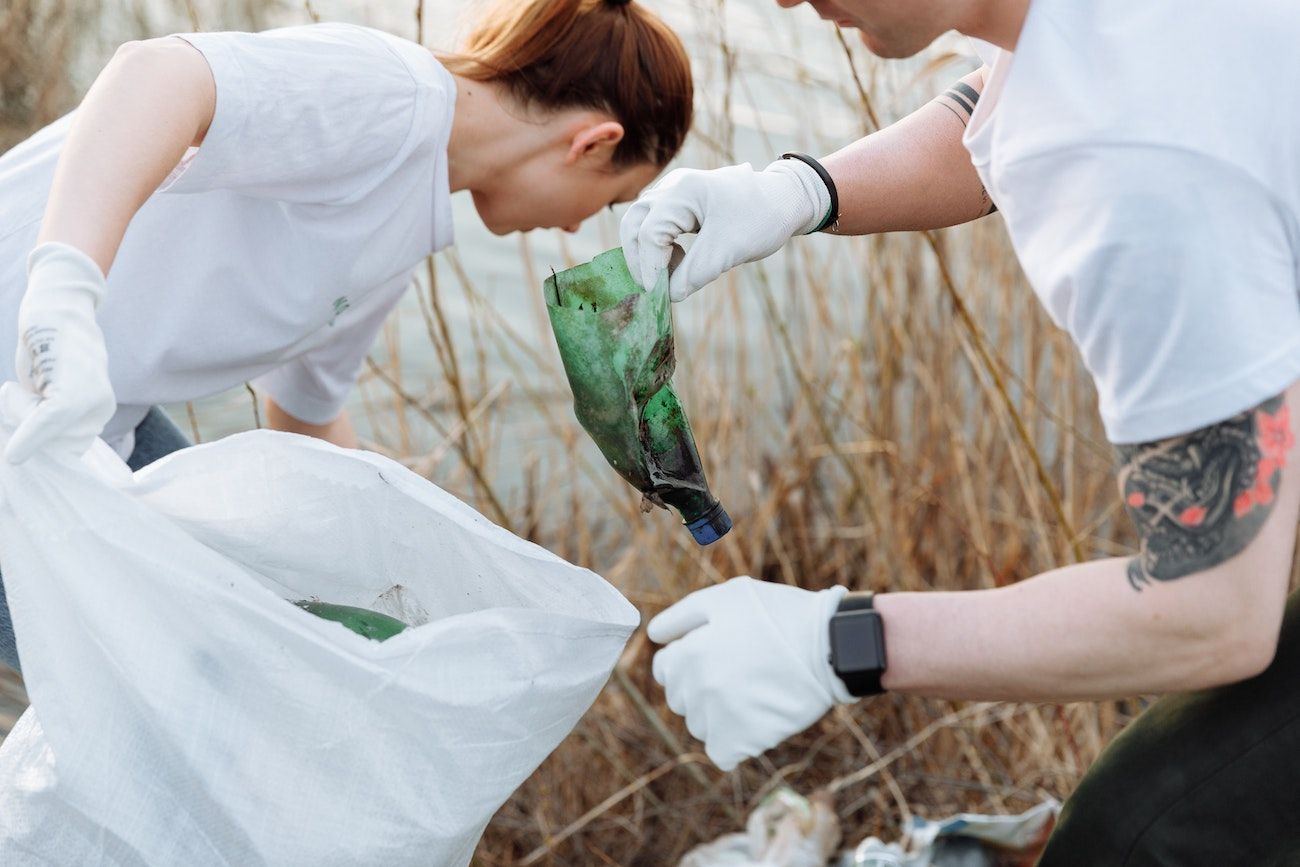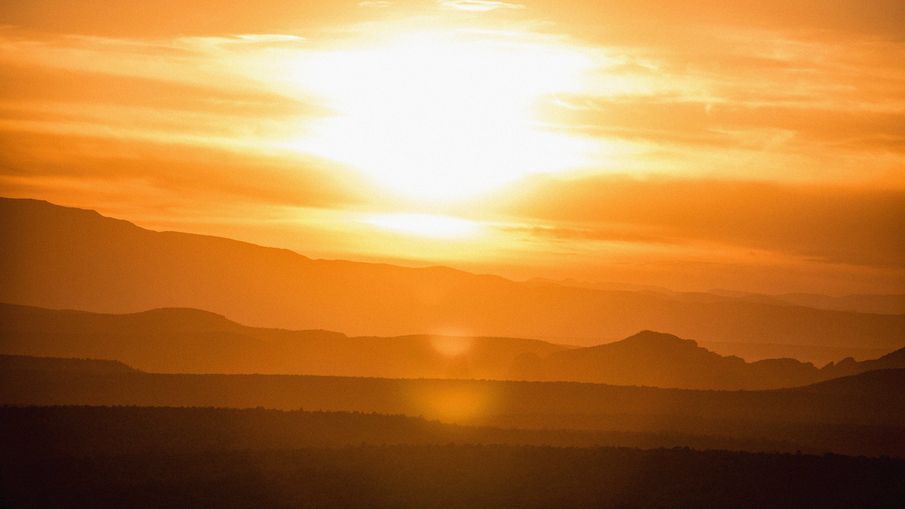Heatwaves and high temperatures can bring feelings of eco-anxiety to the forefront. So what can we do to try to manage it?
Extreme weather events are happening more often around the globe, so it’s understandable that things like summer heatwaves can be a trigger for intense worries about the climate. They also present more immediate problems, from hosepipe bans to devastating wildfires, and health dangers like heat stroke, creating the perfect storm of ‘eco-anxiety’ – feeling distressed by climate change, and fearful of the future.
Here, we look at why it’s common to experience eco-anxiety in a heatwave, and how to cope with these difficult feelings.
Why are heatwaves triggering for eco-anxiety?
“Our concerns about the environment can often feel somewhat removed – that it’s something that’s happening in the future, or elsewhere. But an extreme weather event can be a stark illustration of how the climate is changing for us all,” explains Jennifer Deacon, a counsellor with an interest in eco-anxiety.
“It’s one thing to see media coverage of floods or record-breaking temperatures on the other side of the world, but when we’re suddenly faced with living through it ourselves, it can bring home, quite literally, our fears and concerns for the future. We start to see the implications of, for example, water restrictions or disruption to our daily lives. And, of course, our anxiety can be compounded by discussion, whether that’s with friends or media coverage, sometimes feeling like there’s no escape.”
Common emotions
If a heatwave or other extreme weather event is causing you stress, it’s important to remember you’re not alone, and this is a normal response.
“Our feelings can be pretty complex, but alongside anxiety, it can be common to feel guilt about our part in what is happening around us, for not doing more,” Jennifer says. “We might feel frustrated with those who don’t seem to share our concerns, alongside a sense of helplessness about what we can do to stop this.”

This, Jennifer explains, can combine with the difficult practicalities of a heatwave, such as managing to sleep in stifling heat, or how hard it can be to get on with daily tasks in high temperatures, and making sure those around you are doing OK.
“These emotions can come together in a form of mourning – grief for our climate and the planet – and it can feel overwhelming,” Jennifer says.
Coping with these emotions
“Many people have strong feelings of helplessness and hopelessness about the climate and our future, but there is really good news out there,” Jennifer says. “By searching out positive climate news about the amazing things that scientists, politicians, activists, and others are achieving around the world, it can remind us that there is still hope, and that it’s not down to any one individual to change this.”
Jennifer also emphasises the importance of finding small steps you can take to help. Could you cut down your car use, or try to eat more locally-produced food to save on air miles?
“Be vocal about what you’re doing, search out local climate-related groups or allied causes (such as carbon reduction groups, your local zero waste store, or wildlife trusts) and share their posts on social media to amplify their voices and build a sense of community,” Jennifer says.
“Consider whether there are ways you can volunteer your skills to groups to help them tackle the problems. Just knowing you’re not alone – there are others feeling similarly and taking action – and connecting with those communities, can create a place to share your fears, and get ideas for ways you can help to tackle this,” adds Jennifer. “Taking action can remind us that we do have power and hope, and are able to play a part. But it’s important to take small steps that are manageable and, of course, to practise self-care.”

Supporting those around you
As well as dealing with eco-anxiety yourself, you may find others are struggling with these feelings, especially at times of extreme weather like a heatwave.
“Talking about this is important, sharing our feelings and allowing others to share theirs,” says Jennifer. “Share small actions you’re taking to encourage those around us to take action, too. But, again, be sure to take breaks, to have boundaries, and that they’re looking after themselves.
“If their feelings, or your own, are becoming overwhelming then reach out to professionals – in particular those with experience of working with eco-anxiety or climate grief, and those who are members of the Climate Psychology Alliance.”
During a heatwave, it’s also important to think about what can help you and those around you cope in the moment. This could include looking at ways to keep cool, and doing your bit to check in on others, especially older relatives or neighbours who may be struggling in the heat.
Heatwaves and extreme weather are stressful to deal with, and there’s no easy answer to coping with eco-anxiety. But there are small steps you can take to ease these difficult emotions, helping you and those around you cope with a challenging time.


Comments